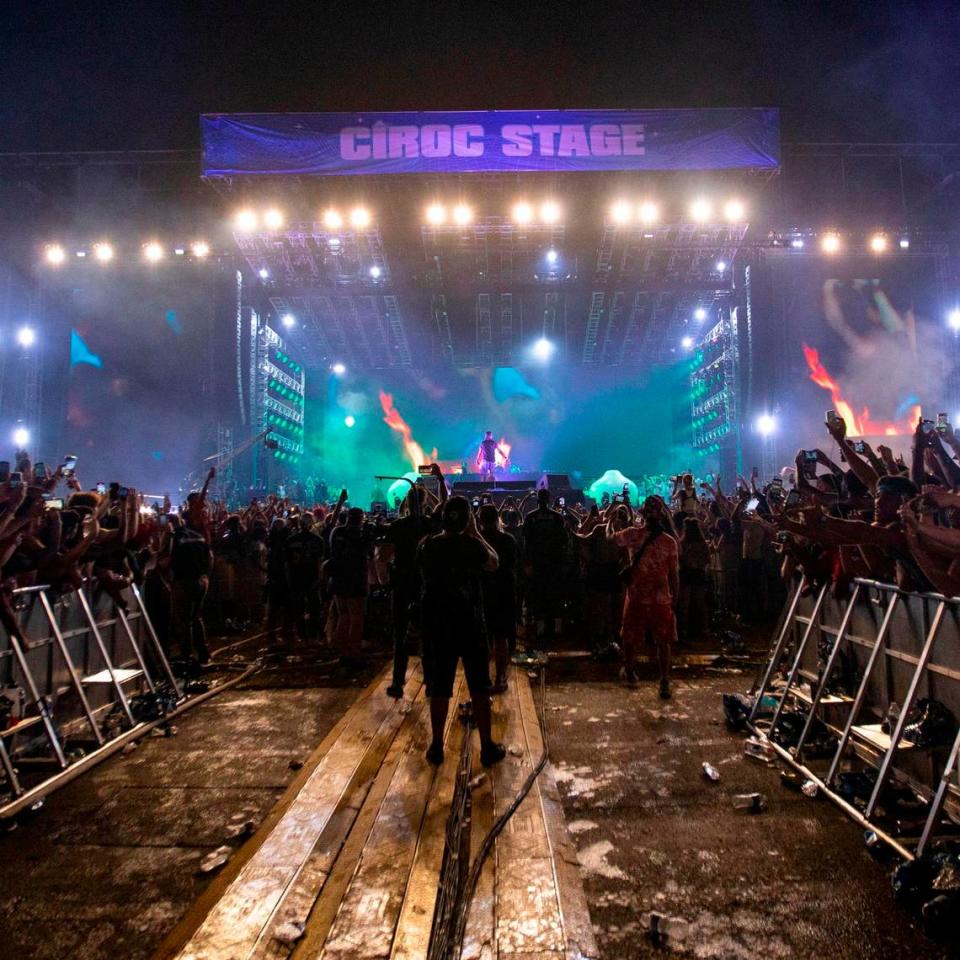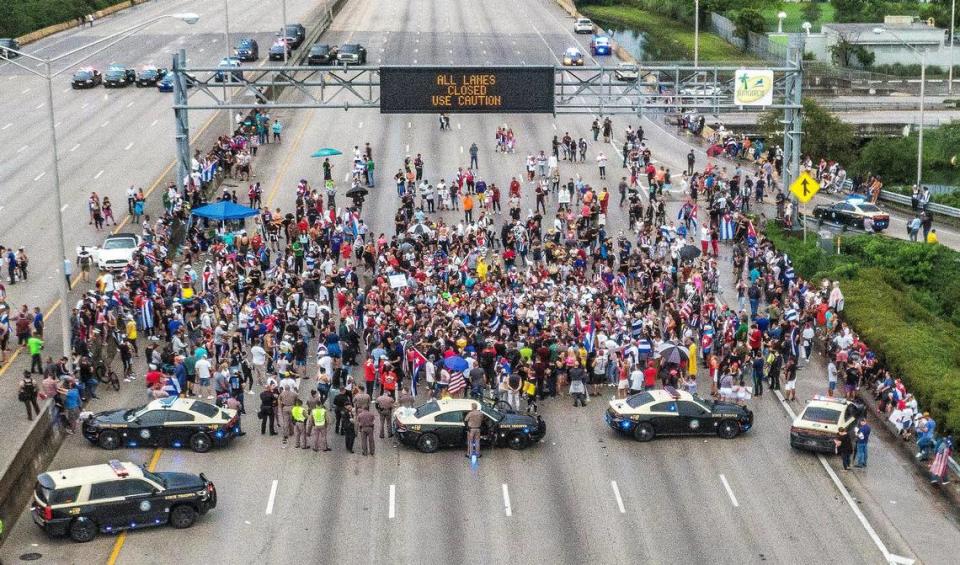44 percent: Rolling Loud, Black clergy question ‘double standard,’ and Haiti elections
What’s going on? Isaiah Smalls here. Appreciate you for rocking with me. This week, The 44 Percent is taking a brief vacation. We’ll be back next week bigger and badder than ever. Until then.
Peace,
CIS

Rolling Loud’s penchant for hospitality and evolution helped shepherd its 2021 return
Rolling Loud Miami returned to Hard Rock Stadium last weekend with a triumphant bang. With performances by A$AP Rocky, Travis Scott and Rick Ross, the three-day hip-hop festival attracted tens of thousands of fans and went pretty smoothly — save for Dababy’s blatant homophobia.
This story explores how the Rolling Loud team was able to leverage its longstanding relationships throughout the COVID-19 pandemic en route to throwing this year’s festival.

Black clergy: Florida has a political protest double standard
Last week, according to Miami Herald news partner CBS4, members of Miami’s Black clergy gathered to call out what they believe is a double standard set by Florida’s Republican governor and state Legislature when it comes to street protests.
Members of the African-American Council of Christian Clergy called a press conference after protesters shut down Miami-Dade County’s Palmetto Expressway during a demonstration held in solidarity with Cubans speaking out on the island against the nation’s communist regime. No arrests were made, despite a new state law creating more severe criminal penalties for demonstrators who break the law during gatherings that become unruly. The law, filed as HB1, was first proposed following the protests that broke out around the country last summer after George Floyd was murdered by a Minneapolis police officer.
“We’re here today to stand in support of our Cuban family, our Haitian family, that they deserve liberation, no one should live in bondage, no country, no culture no creed, no individual,” said Pastor Carl Johnson, of the 93rd Street Community Baptist Church. “And since we’re living in the land of the free, we’re standing here today to say to our governor that there seems to be a double standard with the HB1 bill.”

New Haitian prime minister pledges to schedule elections
As reported by Miami Herald Caribbean correspondent Jacqueline Charles:
Three weeks after the shocking assassination of Haitian President Jovenel Moïse, the man he had tapped just days before his death to lead the government’s day-to-day affairs promised to continue to pursue those responsible for the murder and to work toward “a large political consensus” that would enable the country to carry out free and fair elections.
“We will ensure the continuation of the investigation into the harsh and heinous assassination of the President of the Republic. All sponsors, perpetrators of this murder must be brought to justice. It is a matter of state,” Prime Minister Ariel Henry said Wednesday. “All the people involved in this crime will be tracked down everywhere and brought to justice.”
Before his July 7 killing, Moïse was under pressure to hold long-overdue elections. He had been ruling by decree since January 2020. The first round of balloting for legislative and presidential elections had been targeted for Sept. 26, including a controversial referendum on a new constitution.
Now, the task has fallen to Henry, who becomes the nation’s de facto leader in the absence of a president to replace Moïse.

 Yahoo Movies
Yahoo Movies 